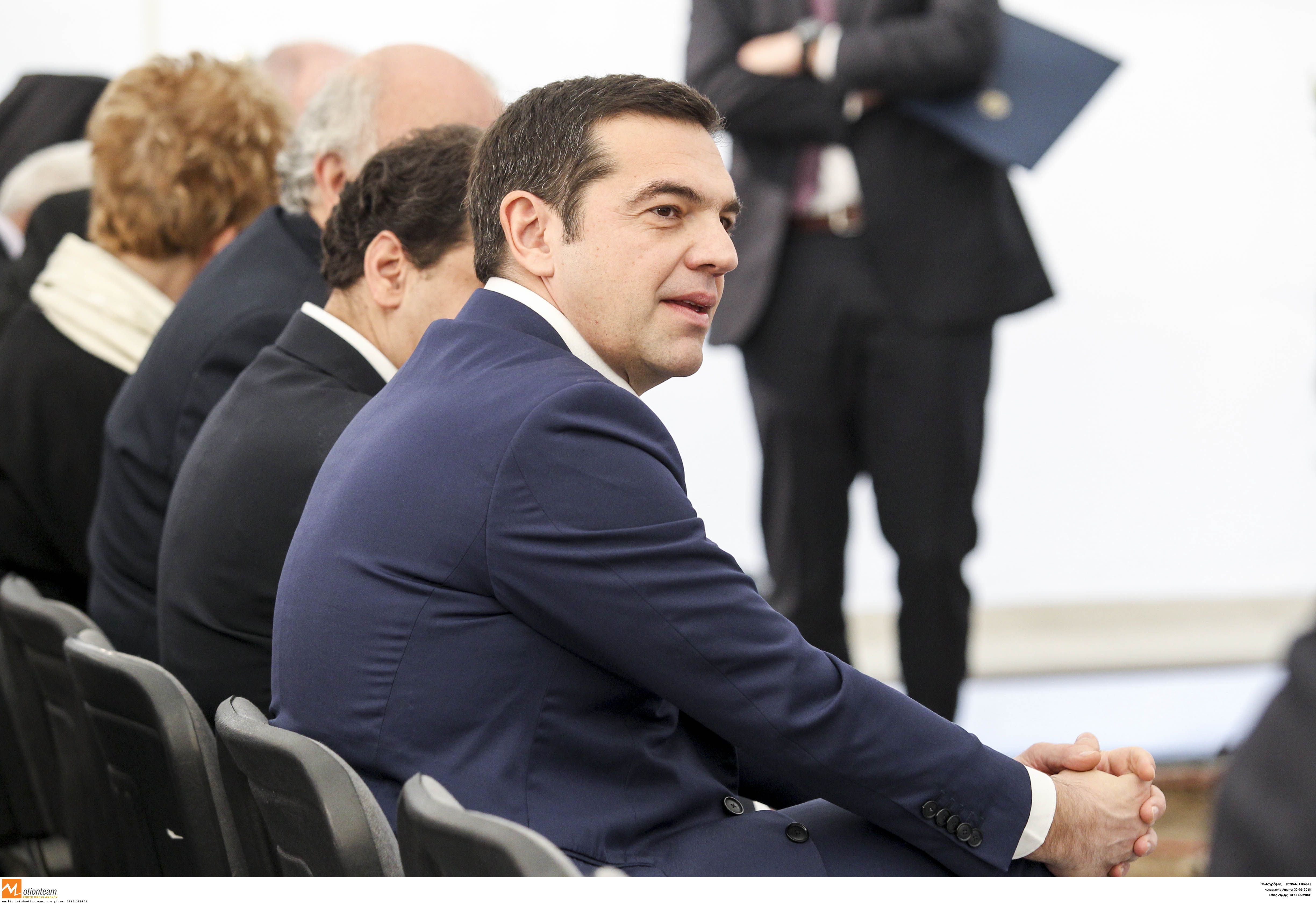By Antonis Karakousis
The government was taken aback when, during the first rally on the Macedonia naming issue in Thessaloniki, there was a turnout so massive that everyone was surprised.
Neither Prime Minister Alexis Tsipras nor his staff believed, after three years of popular resignation – or even abstention from public affairs – that the people would rise up over a largely forgotten national issue.
Still, Tsipras is sticking to his objective of reaching a mutually acceptable compromise with Skopje, and he dismisses claims that he raised the FYROM issue in order to split the conservative opposition, led by Kyriakos Mitsotakis.
“You do not invent these issues. They come up and find you, and you are obliged to manage them to the benefit of the country,” is what the PM’s associates quote him as having told Mitsotakis, during their brief meeting on the FYROM affair.
Tsipras says that it is the July Nato summit, where Skopje hopes to be invited to join, that forced him to take up the festering issue. “At the Nato summit, if we go without a settlement, we will be subjected to great pressure from our allies, and then we will be forced into a veto,” Tsipras tells his interlocutors.
The PM noted that this could bring back to the forefront the 2011 conviction of Greece by the International Court at The Hague, which supported FYROM’s right to call itself as it wishes, and would open the way for FYROM to be recognised by the UN as Republic of Macedonia.
Tsipras is convinced that his support of a composite name for FYROM is in the national interest of Greece. He wants to leave a positive legacy on a key national issue, which successive governments over 25 years proved unable to resolve.
The PM believes that a settlement, combined with the return to the markets for borrowing, will have a multiplier effect in increasing Greece’s international credibility.
Moreover, it will free his hands to deal more intensively with the crucial issue of Greek-Turkish relations and tensions.
Impact on New Democracy
Tsipras believes that the recent nationalist surge over FYROM will harm New Democracy, by encouraging those who are pursuing a new patriotic and right wing party




